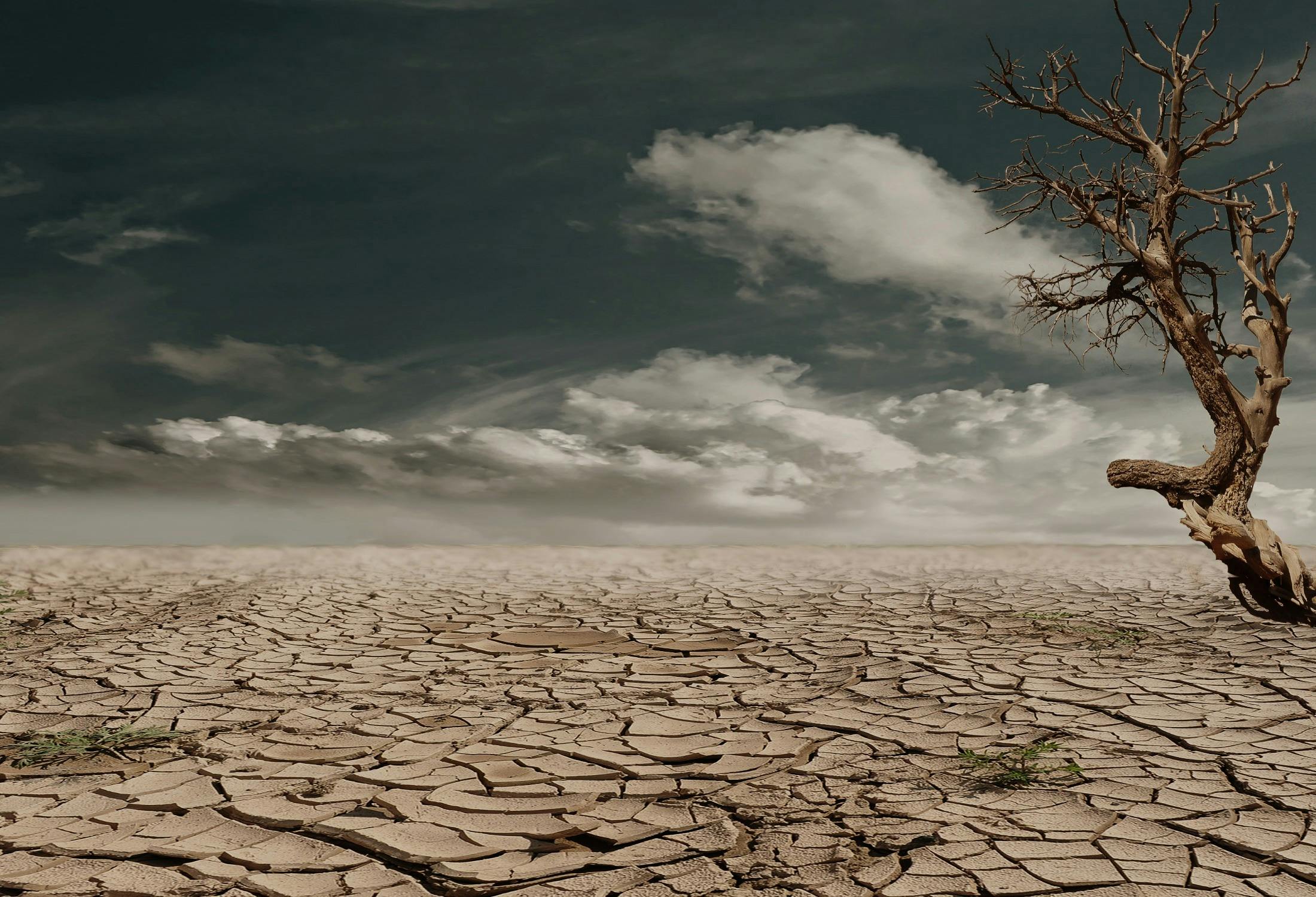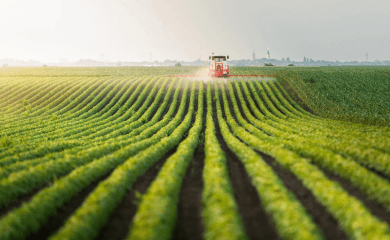

Climate Change

Since the year 2022, the global food insecurity crisis has seen a significant increase in the number of affected individuals.
Climate Change and Food Insecurity
Since the year 2022, the global food insecurity crisis has seen a significant increase in the number of affected individuals. In 2019, there were 135 million people affected in 53 countries, whereas in 2022, the number rose to 345 million in 82 countries. This alarming rise can be attributed to the adverse effects of rising temperatures on food supplies. Extreme weather events, natural disasters, and economic and social disruptions are some of the consequences of rising temperatures that have negatively impacted food production.
Impact of Climate Change on Food Security
To combat these challenges, it is crucial for food supply systems to incorporate climate change considerations at both individual and community levels. Climate change directly and significantly affects food insecurity. As global temperatures continue to rise, the production of food becomes more difficult and uncertain due to changes in weather patterns, extreme weather events, and other environmental disturbances. These challenges have far-reaching implications for food supplies worldwide.
Rising temperatures, increased frequency of droughts, decreased soil fertility, and crop destruction caused by floods or storms all contribute to the difficulties faced in food production. The effects of climate change on food security are particularly evident in developing countries. The health of citizens and the livelihoods of small farmers are both adversely affected. Changing climate conditions, such as droughts or flooding, lead to degraded food availability, posing a risk of malnutrition among vulnerable populations who struggle to access nutritious foods.
Furthermore, food insecurity has a significant financial impact on small farmers in these regions. Their inability to generate sufficient income to meet basic needs or invest in food-related inputs, such as fertilizers or seeds, exacerbates the problem. Global food insecurity has been on the rise, as reported by the World Bank. The number of people suffering from acute food insecurity increased from 135 million in 2019 to 345 million in 82 countries by June 2022. This increase is attributed to various factors such as the war in Ukraine, supply chain disruptions, and the ongoing economic repercussions of the COVID-19 pandemic, which have led to record-high food prices.
Strategies to Mitigate Food Insecurity
To mitigate the effects of climate change on food security, proactive measures must be taken by governments and organizations. Strategies for food production and access need to be developed to withstand extreme weather events and climate variability. These efforts should include investments in agricultural infrastructure, diversification of crops and food sources, long-term food storage systems, and training for local farmers on sustainable agriculture techniques. By addressing the impacts of climate change on food insecurity today, we can ensure a future where food availability is not threatened by a changing climate.
Current Challenges and Future Needs
Currently, two billion people worldwide suffer from malnutrition, and it is estimated that the global population will require 60% more food by 2050. However, the agricultural sector is ill-prepared to meet this demand. With 700 million workers in poverty, the sector already accounts for 70% of water consumption and 30% of global greenhouse gas emissions. New technologies offer potential solutions to make our food systems more sustainable and efficient. Unfortunately, the agricultural sector lags behind other sectors in terms of technology adoption.
The Forum's Innovation with a Purpose Platform, established in 2018, is a large-scale partnership that facilitates the adoption of new technologies and innovations to transform food production, distribution, and consumption. Working with over 50 partner institutions and 1,000 leaders globally, the platform aims to leverage emerging technologies to create sustainable, inclusive, and efficient food systems.
Ten Ways to Address Food Insecurity
- Invest in food storage systems capable of withstanding extreme weather events.
- Diversify food sources and agricultural production techniques to reduce risk.
- Adopt water management systems that minimize crop damage from floods or droughts.
- Implement sustainable farming practices like no-till agriculture, agroforestry, and cover crops.
- Support smallholder farmers by providing access to credit and other services for economic empowerment.
- Increase public awareness of food security challenges caused by climate change.
- Enhance soil resilience to drought by increasing organic carbon content and water retention.
- Promote education on food preservation techniques, such as refrigeration and dehydration.
- Develop early warning systems for extreme weather events and leverage technologies like data analytics, insights, and predictive AI to enable adaptation in food production.
- Invest in research and development for climate-resilient food crops.
Conclusion
Taking these steps will ensure that food security is not compromised by climate change in the future. Action must be taken by governments, organizations, and individuals to prevent food insecurity caused by climate change from becoming an even larger problem. In addition to governmental actions, individual consumers must become more conscious of the impact their purchases have on society, directly or indirectly. Our collective efforts can contribute to the betterment of our people and planet.

Sign up to our Newsletter
Get important messages straight to your inbox
Read other pages
Copyright 2024 | All rights reserved


